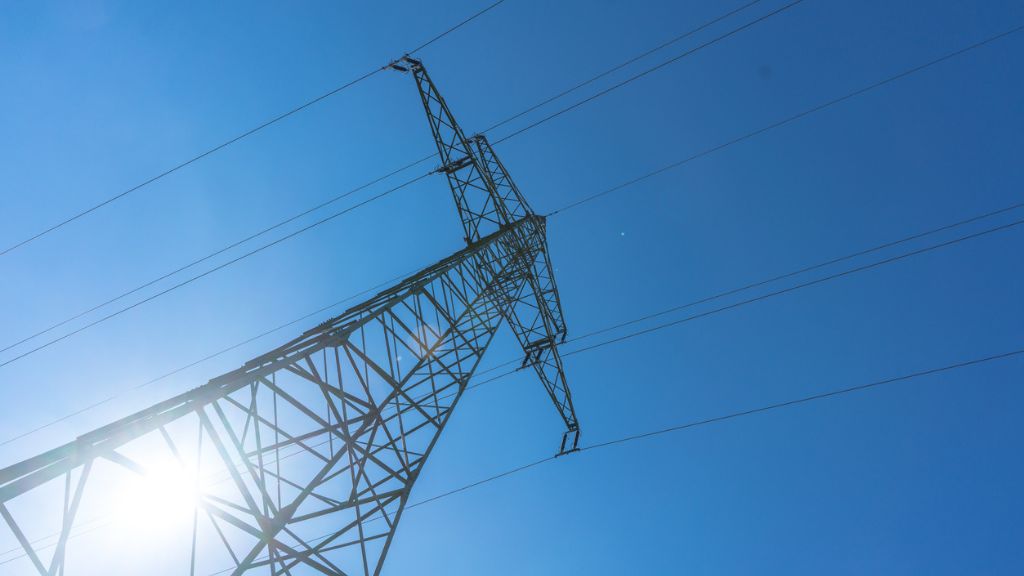BELIZE CITY, BELIZE — 2/6/2025
Belize has unveiled a landmark $58.4 million initiative, backed by the World Bank and the Canadian government, to modernize its aging energy infrastructure and transition toward renewable power in a bid to stabilize costs, bolster climate resilience, and reduce dependence on imported electricity.
A Grid Under Strain
The project addresses urgent challenges in Belize’s energy sector, where half of the nation’s electricity is imported from Mexico—a dependency that leaves consumers vulnerable to volatile global prices. Meanwhile, extreme weather events, such as 2022’s Hurricane Lisa, which crippled the capital’s power and water systems for days, have exposed the fragility of existing infrastructure.
Low-income households now spend nearly a third of their income on electricity, officials say, despite peak demand surging 48% over the past decade without corresponding upgrades to generation capacity. “This initiative is not just about energy—it’s about equity and survival,” said Lilia Burunciuc, the World Bank’s Caribbean director.
Battery Storage and Renewable Integration
Central to the plan is the installation of four 10-megawatt battery storage systems in San Pedro, Dangriga, Orange Walk, and Belize District. These systems will act as a buffer against outages, store excess renewable energy, and enable Belize to harness more solar and wind power. The move aligns with the country’s goal to derive 85% of its electricity from renewables by 2030, up from the current 62%.
“Energy storage is the missing link in our transition,” said Belize’s Energy Minister, Michel Chebat. “These batteries will help us balance supply, lower costs, and keep lights on during storms.”
Funding and Regional Implications
The World Bank is providing a $50 million loan, while Canada contributed $8.4 million, including a $200,000 grant from its Clean Energy and Forests Climate Facility. Olivier Jacques, Canada’s envoy to Belize, framed the project as a model for Caribbean nations grappling with similar vulnerabilities: “Energy security is existential for small island states. Belize’s progress will resonate across the region.”
A Test Case for Climate Resilience
Belize’s overhaul comes as climate-driven disasters intensify. The battery systems are designed to withstand Category 5 hurricanes, a critical feature for a country where storms have historically wiped out months of economic progress.
However, critics warn that loans could strain Belize’s debt, which already exceeds 100% of GDP. Proponents counter that long-term savings from reduced fuel imports and disaster recovery costs will offset initial expenditures.
“Every dollar spent now prevents ten dollars in future losses,” said Burunciuc. “This is an investment in stability.”



